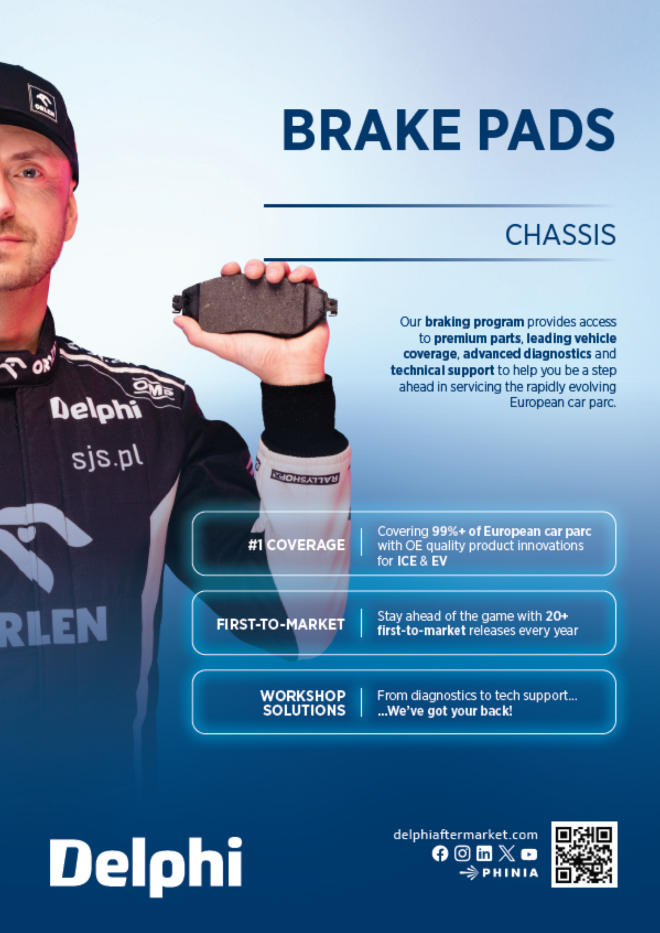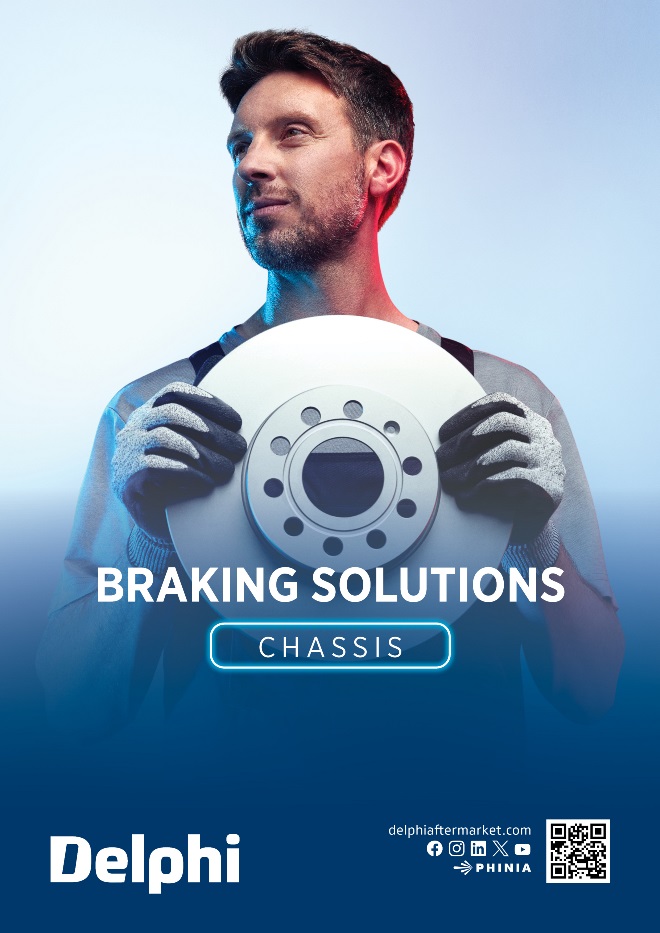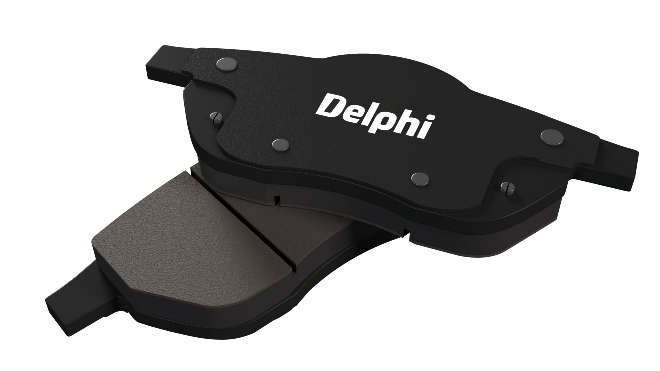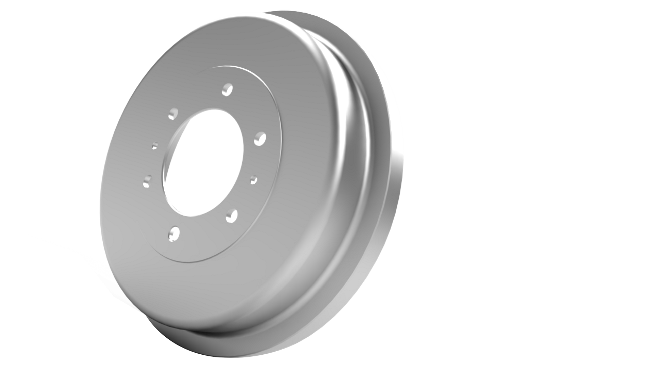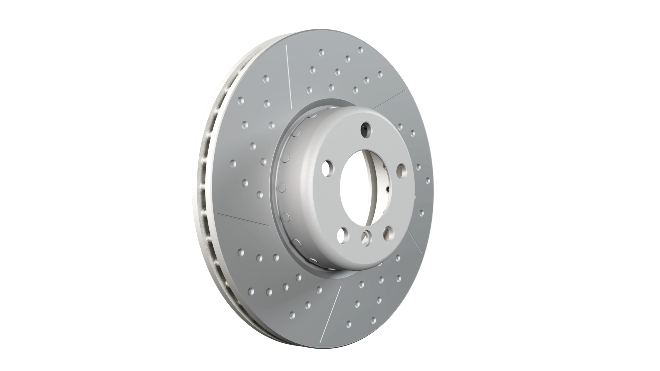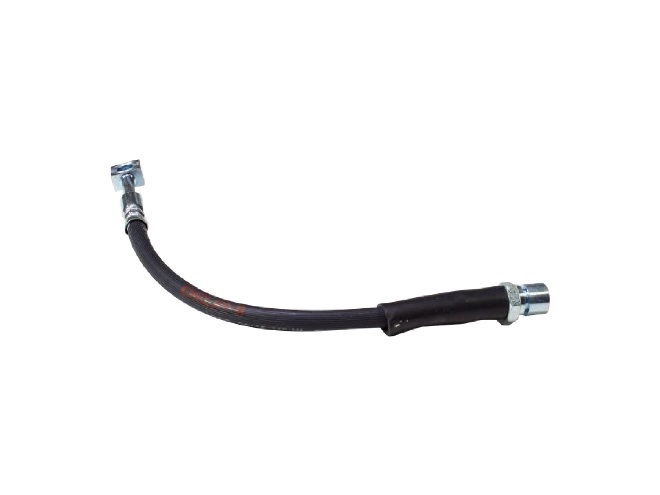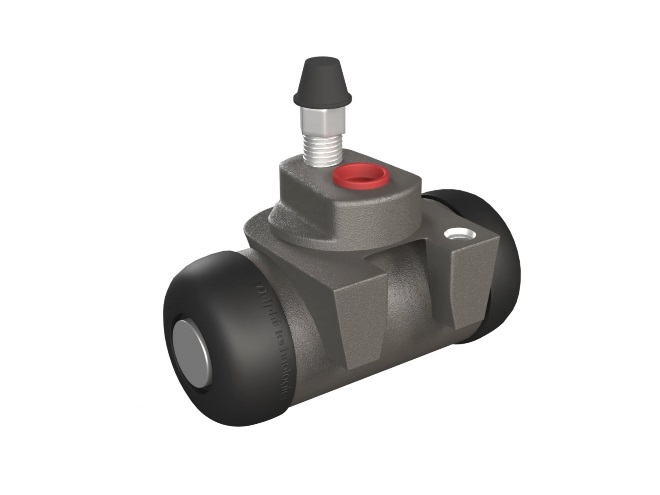Brake Discs
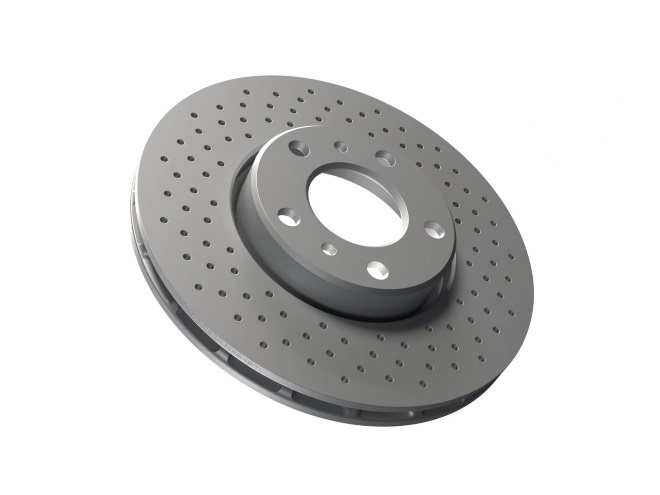
- Product Information
- Product Resources
- Enquire
- Related Products
ECE R90 certified brake discs
It should come as no surprise that our brake discs for new vehicles launched post 1 st November 2016 are R90 certified, alongside a range for popular older applications. After all, we’ve been meeting these quality standards for many years. The only difference today: our discs now undergo official ECE R90 testing schedules including performance, dynamic friction comparison, high load integrity and thermal fatigue analysis to certify that they perform to a prescribed tolerance of the OE part.
Learn more about Delphi’s R90 certified brake discs and why it matters.

Fully coated brake discs
Thanks to a special zinc-flake, silver Geomet coating, our coated brake discs offer greater and longer-lasting corrosion protection compared with many oil-dipped or partially painted and coated equivalents, whilst also being more cosmetically appealing. And because they have no oil to clean off, they save valuable labour and service time. All this makes for a better protected disc that’s easier to install, easier to dismount as well as being easy on the eye too.
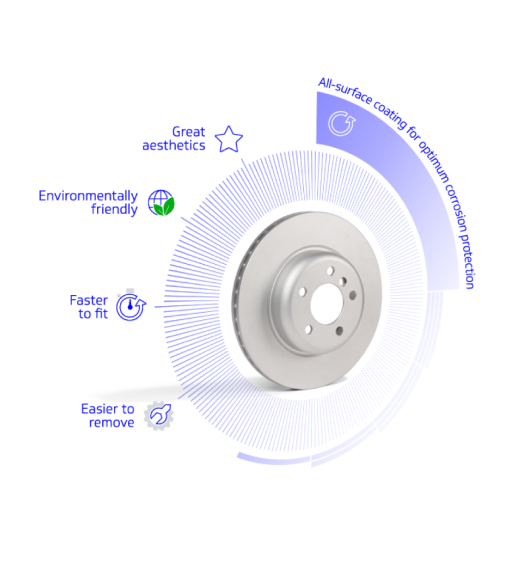
High-carbon brake discs
The added carbon content in our high-carbon discs helps to both reduce the risk of thermal cracking under high-temperature loads, and allows the discs to operate at a cooler temperature, for a more consistent braking performance. It also increases their resistance to distortion or warping for added durability, while delivering noise and judder free braking.
Cross-drilled brake discs
As well as looking cool from behind your wheels, our cross-drilled discs will keep your brakes feeling the same way – cool. The cross-drilled holes dissipate heat, brake dust and gases, helping to keep the pad surface cool and clean and reducing the risk of thermal distortion and warping. These same holes also prevent a film of water forming during wet conditions for improved braked response.
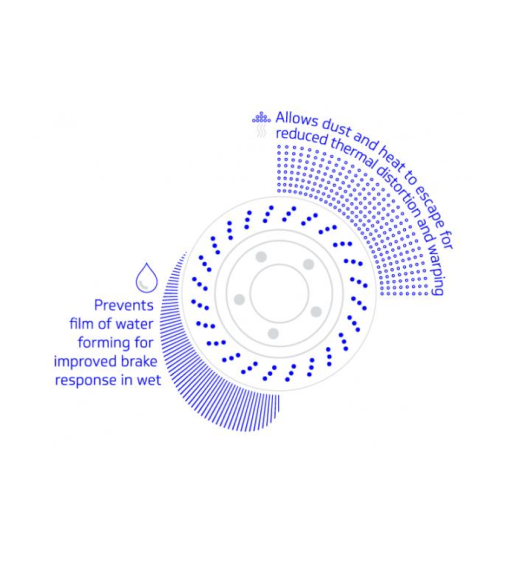
Vented brake discs
Our vented discs feature special internal cooling passages to maximise airflow. By continually moving air across the disc’s surface or through the disc itself, they allow more heat to be dissipated, improving both cooling capacity and resistance to cracking from thermal shock.
Brake discs with bearings
To avoid damage to the bearing during removal, and ensure the correct pressing in into the new, we offer a range of discs with these safety critical components already pre-mounted. They also include both toothed and magnetic ABS sensor rings, as per the OE, and the relevant fixing accessories. All for quick and accurate installation.
One-piece cast iron brake discs
Our one-piece cast iron discs offer an aftermarket alternative to BMW’s patented two-piece bi-metallic composite disc. Engineered from a single piece of cast iron, they deliver the same standards of consistency, longevity and braking performance as the two-piece disc, but at a fraction of the price. And to top it off, they come with fixing screws for quicker and easier fitting.
The Delphi Difference
-
100 years of OE experience, supplier to the world’s top automakers
-
OE heritage and knowledge built into every aftermarket part
-
Comprehensive portfolio for a wide range of vehicles and model years
-
Streamlined SKUs for easy inventory management
-
Support through tools, tips and training

Related product resources and downloads
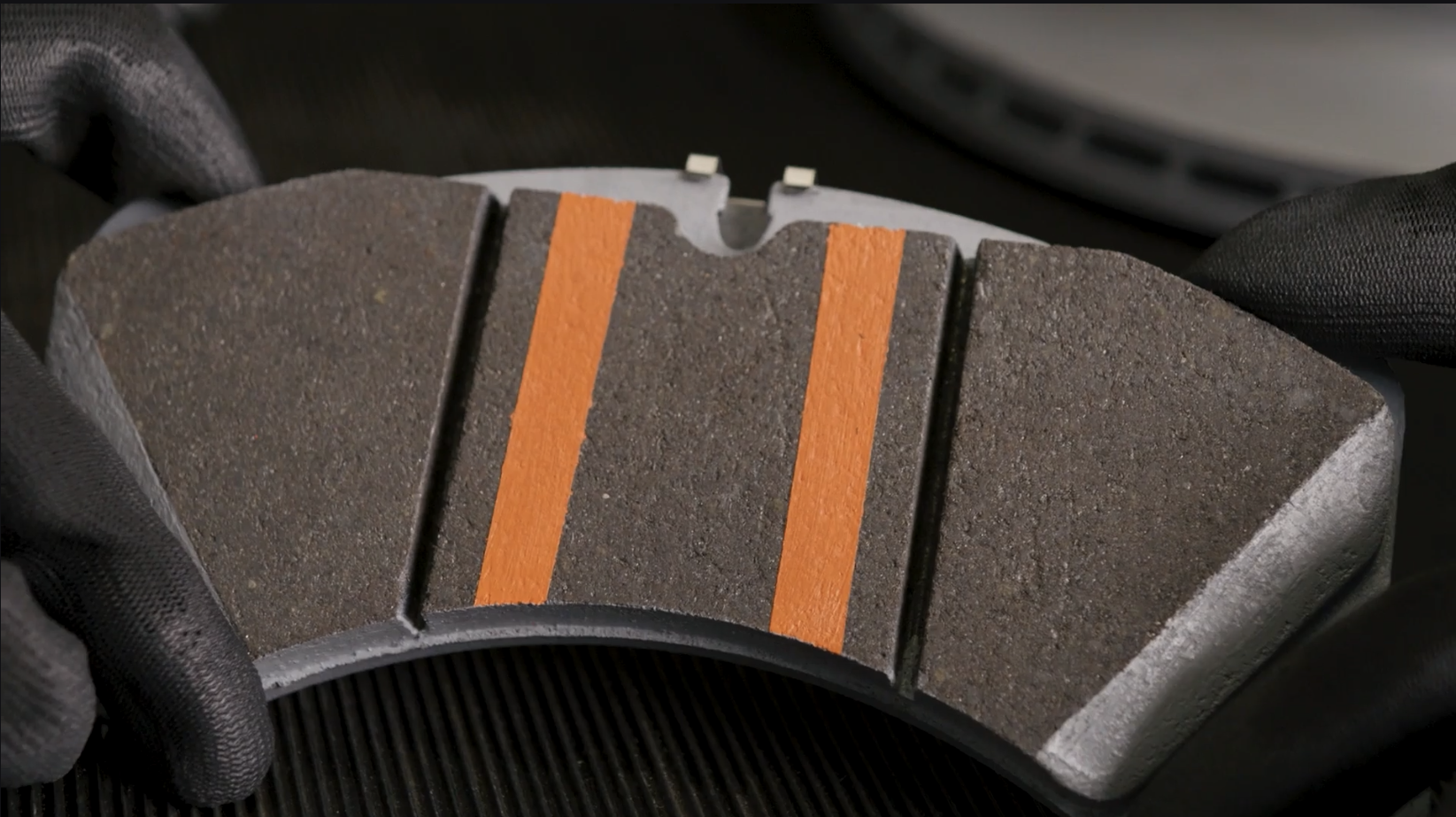
Resource Highlights
Braking in conventional vehicles and electric vehicles are two almost completely different concepts. To perform effective repairs and maintenance, it’s worth learning some of the key differences between EV braking and conventional vehicle brakes.
Learn how regenerative braking works, and some of the key differences to conventional vehicles, with this video guide from the experts at Delphi. We’ll take you through some of the big talking points including:
- How does regenerative braking work?
- What happens when the brake pedal is pressed in EVs
- The bedding-in process for brake pads
Do EV brakes last longer?
Yes, electric vehicle brakes tend to last longer than their conventional counterparts. It’s the electric motor within EVs that does most of the work on slowing the vehicle down, which means there’s less wear and tear on EV brakes.
Do all EVs have regenerative braking?
Any vehicle with an electric motor – that applies to both EVs and hybrid vehicles – has the ability to perform regenerative braking. That means recycling power back into the vehicle and slightly extending its time until needing a charge.
On the latest vehicles, the front RaDAR shares information with the EV motor controller to adjust the amount of regeneration dynamically, depending on what is on the road ahead.
How much range does regenerative braking add?
How much energy can be recovered through regenerative braking depends on a number of things such as battery charge, battery temperature, and driver settings. It depends on the customer’s driving style, but tests have shown that you can recover up to 20% of the energy,which is then used to extend the range.
What is single pedal driving?
Single pedal or one-pedal driving applies to electric vehicles, where drivers can bring the vehicle to a complete stop without using the brake pedal. It takes some practice to get it right when there are things like stopping distances to take into account, but it saves wear and tear on the brake pads.

Visit our Technician Library for access to Documents and Downloads
Get in touch
The full Delphi product range
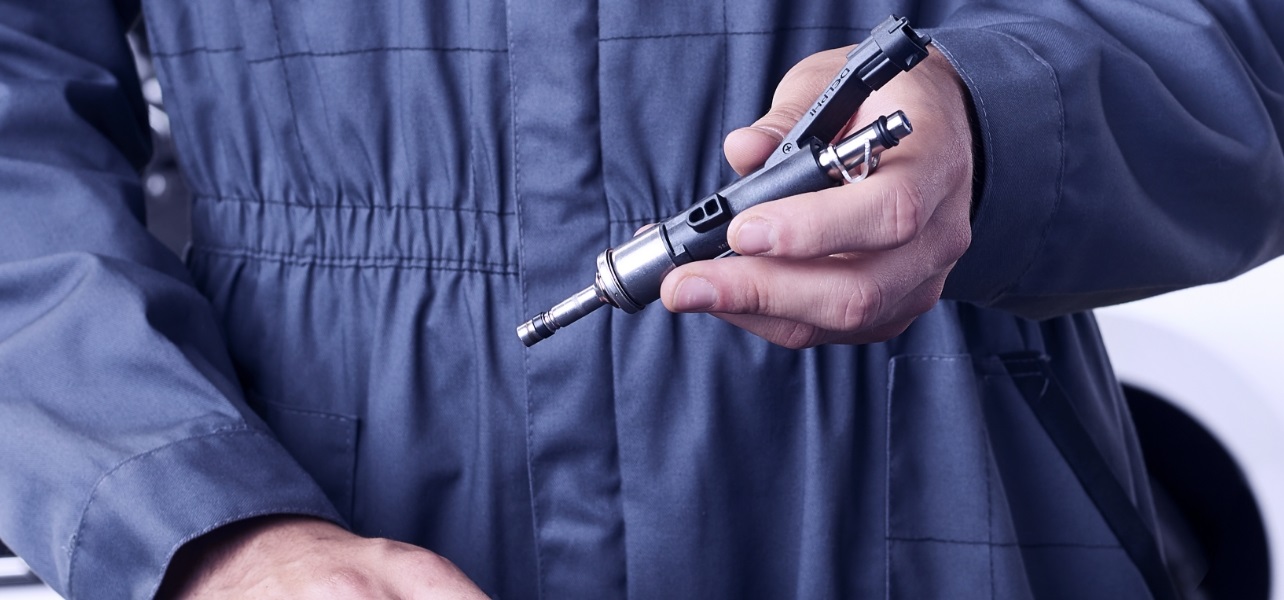
Find out where to buy Delphi parts

